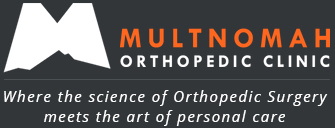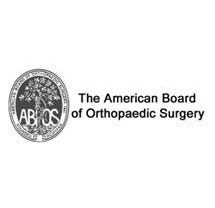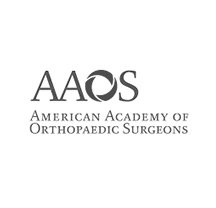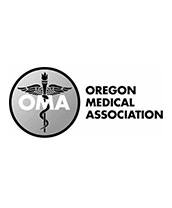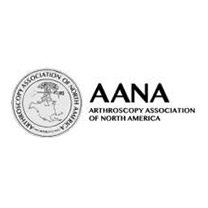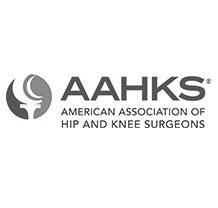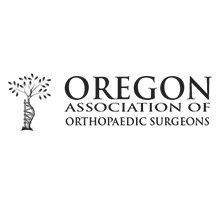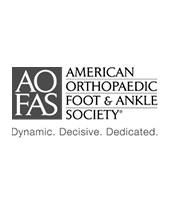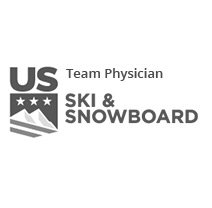Platelet-Rich Plasma (PRP)

What is Platelet-Rich Plasma (PRP) for the shoulder?
Platelet-Rich Plasma (PRP) therapy is a regenerative treatment option that involves injecting a concentrated solution of platelets obtained from the patient's own blood into the shoulder joint. This therapy can be used to promote healing, reduce inflammation, and relieve pain associated with shoulder injuries and conditions.
Indications for PRP for the Shoulder
PRP therapy is mainly indicated for the treatment of shoulder injuries and conditions such as:
- Rotator cuff tendinitis or tear
- Shoulder impingement syndrome
- Labral tear
- Osteoarthritis
- Bursitis
- Frozen shoulder
Preparation for PRP for the Shoulder
Preparation for PRP therapy for the shoulder includes:
- Inform your doctor if you are allergic to any medications.
- Tell your doctor if you have any medical conditions such as bleeding disorders and if you are taking any regular medications.
- Avoid taking anti-inflammatory medications such as aspirin and ibuprofen for a few days before the procedure.
- Avoid smoking and consuming alcohol for a few days before the procedure.
Procedure of PRP for the Shoulder
Procedure of PRP therapy for the shoulder involves the following steps:
- Your doctor will draw a small amount of your blood and place it in a centrifuge machine.
- The centrifuge machine will spin the blood to separate the platelets from other blood components.
- Your doctor will extract the platelet-rich plasma from the centrifuged blood.
- Local anesthesia will be injected near the shoulder joint.
- Imaging guidance may be used by your doctor to inject the targeted site.
- Your doctor will inject the platelet-rich plasma into the shoulder joint.
- A bandage will then be placed on the injection site.
Post-operative Instructions for PRP for the Shoulder
Post-procedure instructions for PRP therapy for the shoulder include:
- Your doctor will advise you to apply ice to reduce pain and swelling.
- Avoid lifting heavy weights and performing strenuous activities for a few weeks.
- Follow-up with your doctor as per the scheduled appointments.
Risks and Complications of PRP for the Shoulder
Risks and complications of PRP therapy for the shoulder include:
- Pain
- Swelling
- Bleeding
- Infection
- Redness
